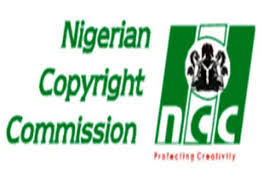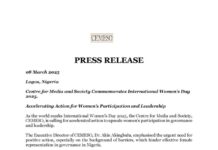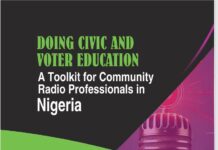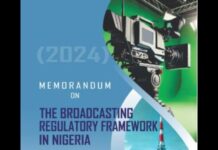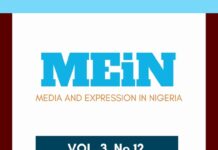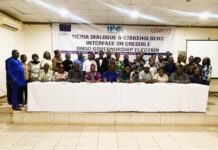The Nigeria Association of the Blind (NAB) has appealed to President Muhammadu Buhari to sign the newly revised Copyright Bill to remove legal barriers for persons with print disabilities.
He noted that the domestication of the Marakesh treaty through the assent to the new Copyright Bill would make Nigeria a society with equal reading opportunities for both print disabled and nonprofit disabled members of the community.
According to him, it is crucial that Nigeria domesticate the treaty in view of the many benefits to print disabled persons. Adamu said: “These people are currently being deprived of the huge benefits that others are enjoying because of the increasing availability of reading material on every imaginable subject.
In fact, even books by Nigerian authors like Wole Soyinka, Chinua Achebe and Chimamanda Adichle, which have been produced in accessible formats in other countries, are not available to Nigerians with a print disability. This lack of reading material affects writing quality and general communication.
“Nigeria has signed the United Nations Convention on the Rights of Persons with Disabilities (UNCRPD), therefore voluntarily committing itself to complying with the provisions of the convention. This means that Nigeria owes its disabled citizens the duty of providing works and materials in accessible formats as provided in Article 9, 19, 21, 24, 31 and 33.3 of the UNCRPD.
“Estimates suggest that about ten per cent of the books produced in developed countries are accessible to print disabled persons. In developing countries, the situation is less clear; perhaps less than one percent of books are in accessible formats.
“Under such circumstances, the organisations which produce books in accessible formats have to make difficult choices about what books to transcribe, record or make accessible. Books are produced, not because of their intellectual quality, but because of their market popularity.
“The situation is worsened because if an organisation of the blind in one country makes a book in an accessible format, current copyright laws do not allow it to be shared with a similar organisation and its members in another country.”
He urged the president to demonstrate his commitment to equal rights for Nigerians with disabilities, adding that “Nigerians with a print disability are anxious to demonstrate that with the removal of barriers preventing us from accessing books and educational materials, we can be equal contributors to the growth of our great country.”


